😀 yay face_with_colon_three
Researchers in Sweden coaxed wood to conduct electricity, then used it to make a climate-friendlier building block of electronics.


I believe that nanotechnology could be imbedded into paper so a paper computer could give one the same information as a smartphone but at pennies per smartphone. Right now we can print out 3D copies of paper phones and other things next would be nanotechnology made of paper with quantum mechanical engineering.
Irish company Mcor’s unique paper-based 3D printers make some very compelling arguments. For starters, instead of expensive plastics, they build objects out of cut-and-glued sheets of standard 80 GSM office paper. That means printed objects come out at between 10–20 percent of the price of other 3D prints, and with none of the toxic fumes or solvent dips that some other processes require.
Secondly, because it’s standard paper, you can print onto it in full color before it’s cut and assembled, giving you a high quality, high resolution color “skin” all over your final object. Additionally, if the standard hard-glued object texture isn’t good enough, you can dip the final print in solid glue, to make it extra durable and strong enough to be drilled and tapped, or in a flexible outer coating that enables moving parts — if you don’t mind losing a little of your object’s precision shape.
The process is fairly simple. Using a piece of software called SliceIt, a 3D model is cut into paper-thin layers exactly the thickness of an 80 GSM sheet. If your 3D model doesn’t include color information, you can add color and detail to the model through a second piece of software called ColorIt.
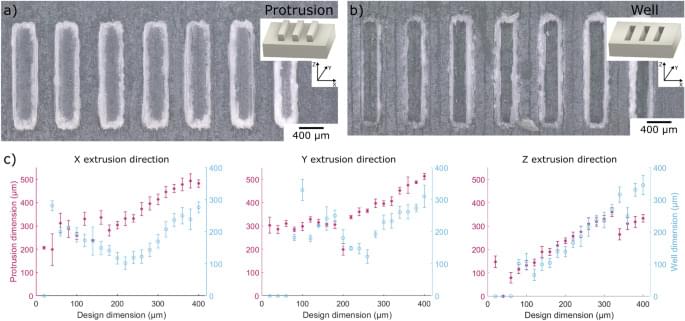
Year 2021 face_with_colon_three
Scientific Reports — 3D printed microfluidic lab-on-a-chip device for fiber-based dual beam optical manipulation. The final 3D printed chip offers three key features, such as an optimized fiber channel design for precise alignment of optical fibers, an optically clear window to visualize the trapping region, and a sample channel which facilitates hydrodynamic focusing of samples. A square zig–zag structure incorporated in the sample channel increases the number of particles at the trapping site and focuses the cells and particles during experiments when operating the chip at low Reynolds number. To evaluate the performance of the device for optical manipulation, we implemented on-chip, fiber-based optical trapping of different-sized microscopic particles and performed trap stiffness measurements. In addition, optical stretching of MCF-7 cells was successfully accomplished for the purpose of studying the effects of a cytochalasin metabolite, pyrichalasin H, on cell elasticity. We observed distinct changes in the deformability of single cells treated with pyrichalasin H compared to untreated cells. These results demonstrate that 3D printed microfluidic lab-on-a-chip devices offer a cost-effective and customizable platform for applications in optical manipulation.
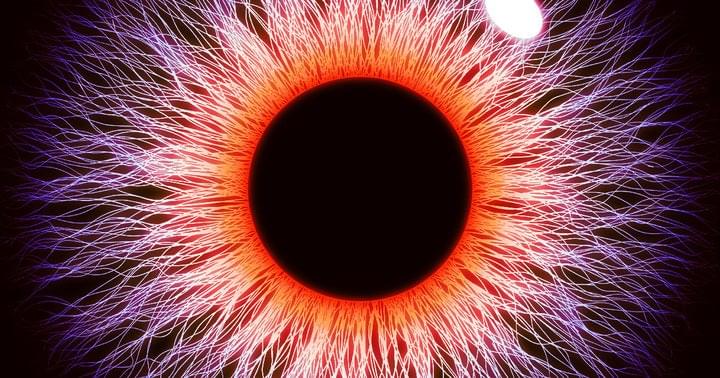
Science Corporation, a biotech startup launched by a Neuralink cofounder, claims that it’s achieved a breakthrough in brain-computer interface technology that can help patients with severe vision loss.
In preliminary clinical trials, legally blind patients who had lost their central vision received the company’s retina implants, which restored their eyesight and even allowed them to read books and recognize faces, the startup announced last week.
“To my knowledge, this is the first time that restoration of the ability to fluently read has ever been definitively shown in blind patients,” CEO Max Hodak, who was president of Neuralink before founding Science Corp, said in a statement.

YORKTOWN HEIGHTS, N.Y., Nov. 13, 2024 /PRNewswire/ — Today at its inaugural IBM Quantum Developer Conference, IBM (NYSE: IBM) announced quantum hardware and software advancements to execute complex algorithms on IBM quantum computers with record levels of scale, speed, and accuracy.
IBM Quantum Heron, the company’s most performant quantum processor to-date and available in IBM’s global quantum data centers, can now leverage Qiskit to accurately run certain classes of quantum circuits with up to 5,000 two-qubit gate operations. Users can now use these capabilities to expand explorations in how quantum computers can tackle scientific problems across materials, chemistry, life sciences, high-energy physics, and more.

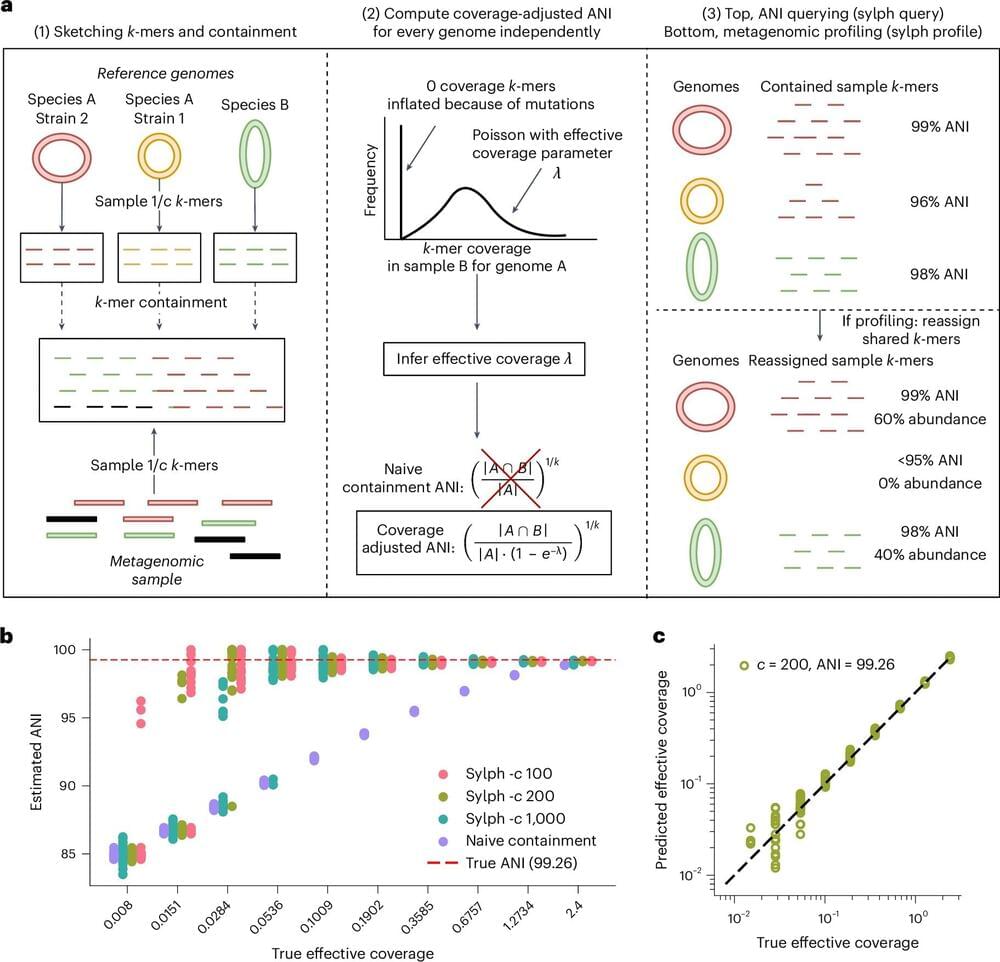
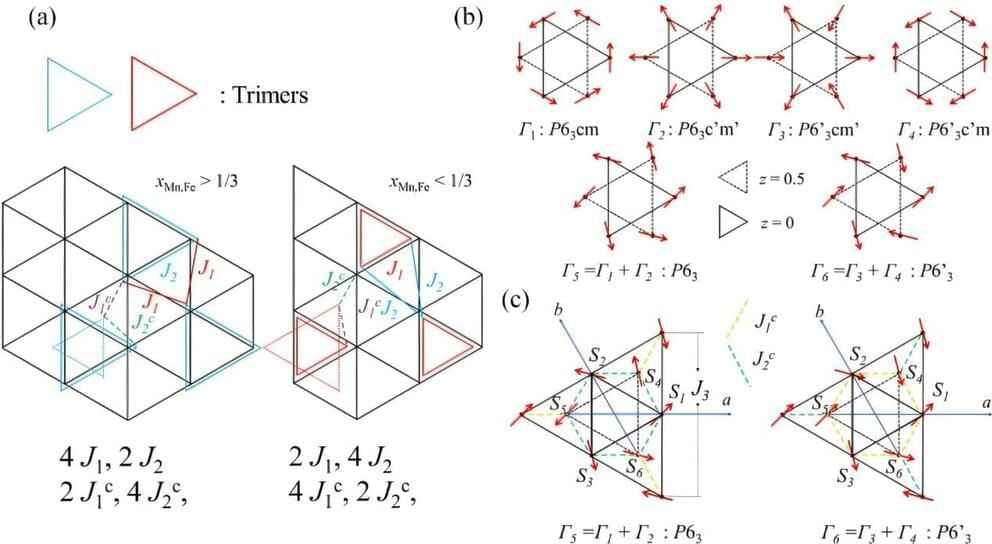
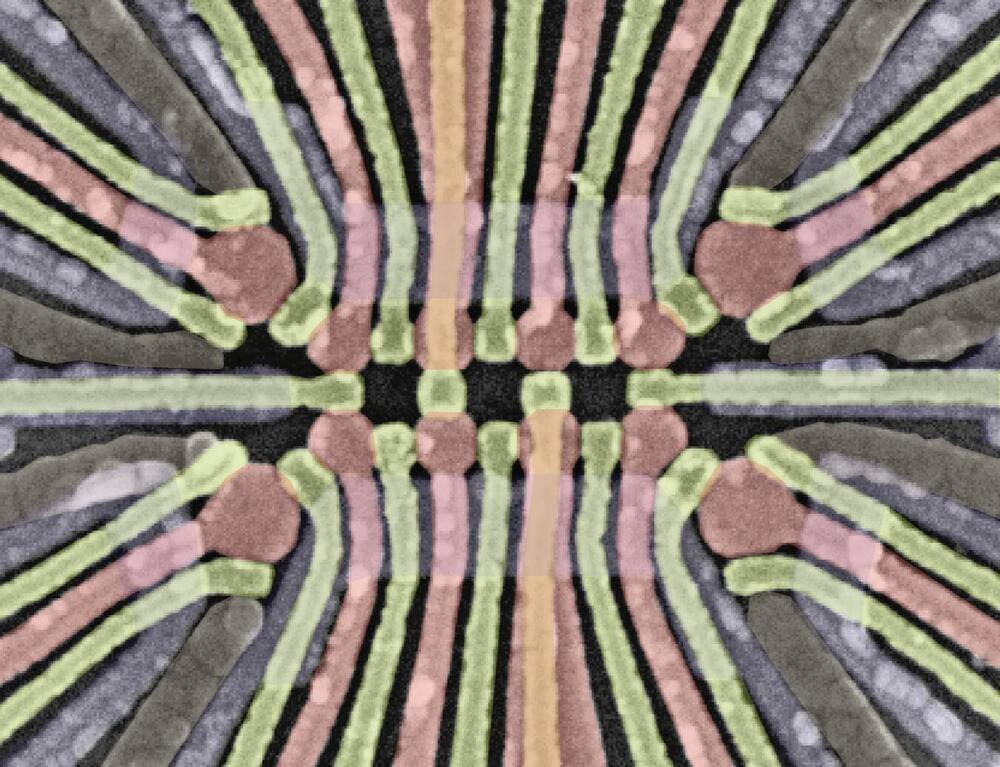
Being able to precisely manipulate interacting spins in quantum systems is of key importance for the development of reliable and highly performing quantum computers. This has proven to be particularly challenging for nanoscale systems with many spins that are based on quantum dots (i.e., tiny semiconductor devices).
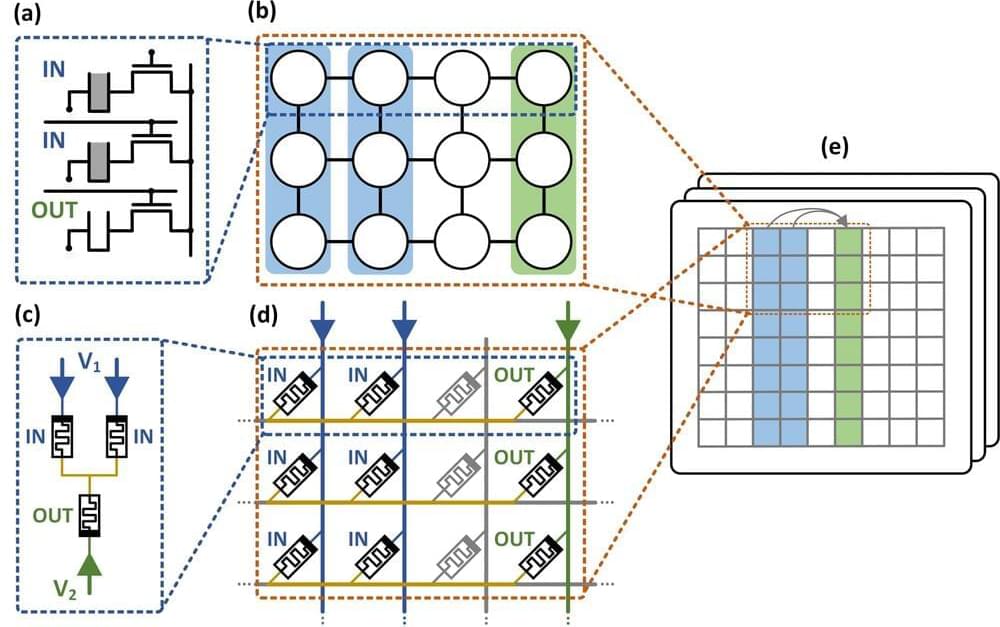
Technion Researchers have developed a software package that enables computers to perform processing operations directly in memory, bypassing the CPU. This is a significant step toward developing computers that perform calculations in memory, avoiding time-consuming and energy-intensive data transfers between hardware components.
A new and exciting field has emerged in the hardware domain in recent years: in-memory computing. The in-memory computing approach introduces a significant change from the way computers typically operate.
While traditionally the CPU runs calculations based on information stored in the computer’s memory, with this innovative approach, some operations are performed directly within the memory, reducing data transfers between the memory and the CPU.As transferring data between computer units is time-and energy-intensive, this change leads to significant savings in both.